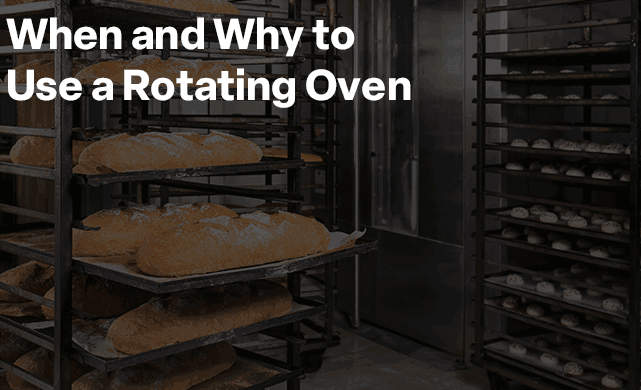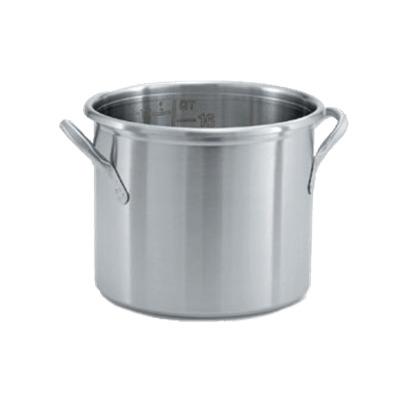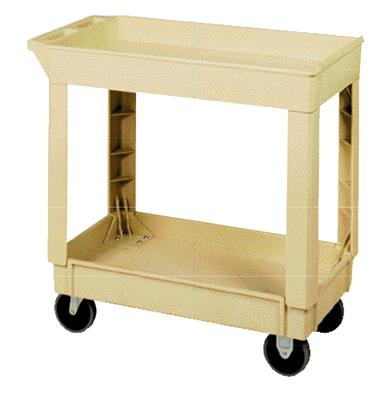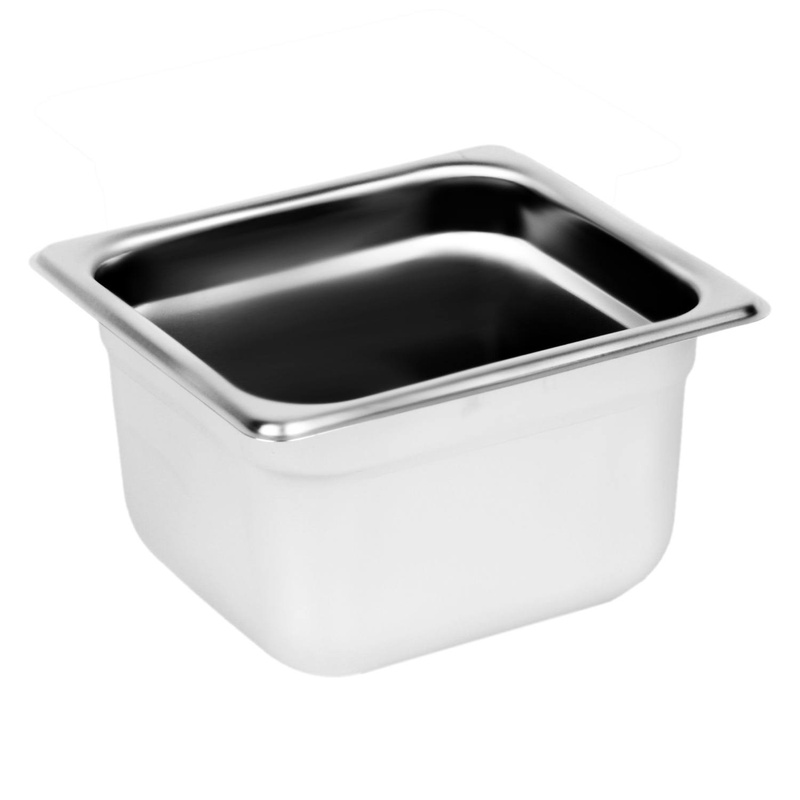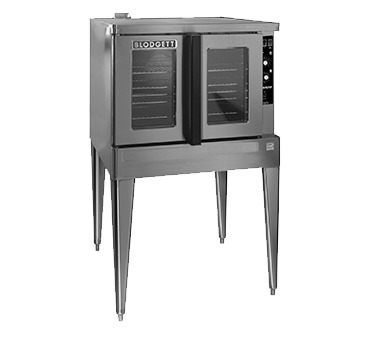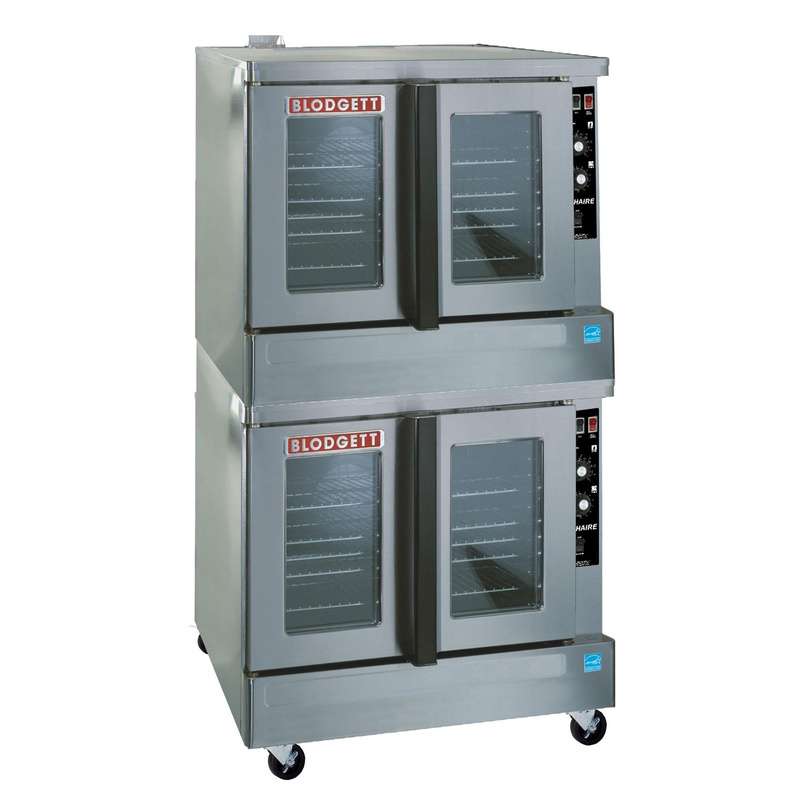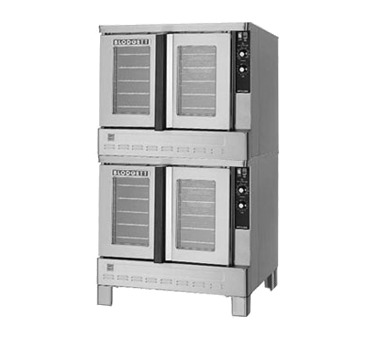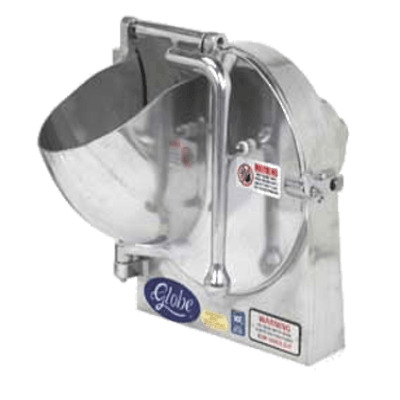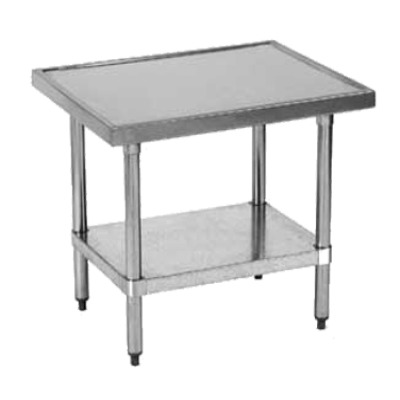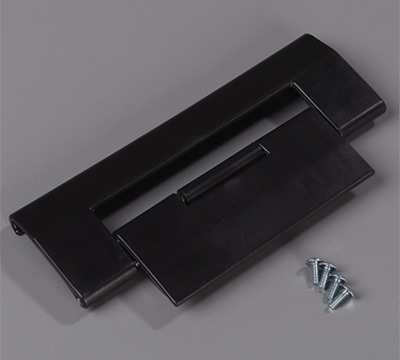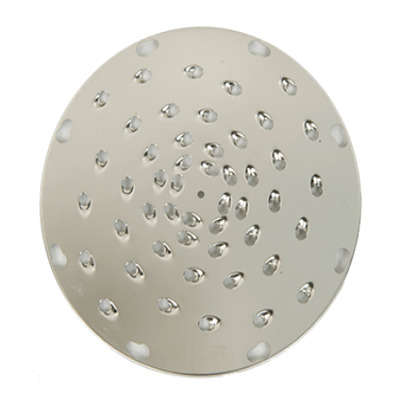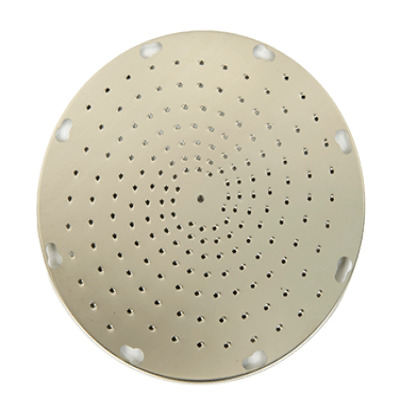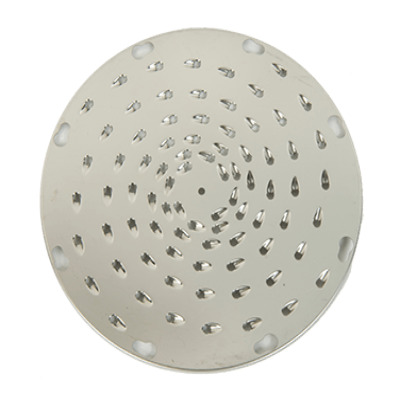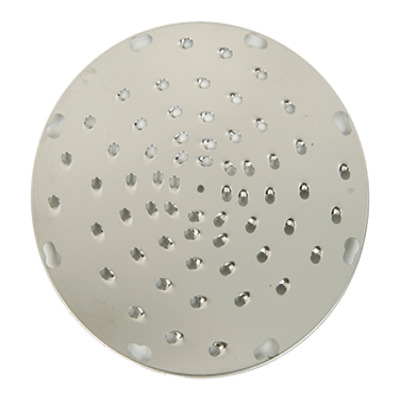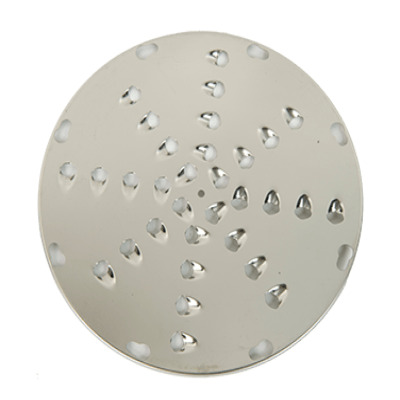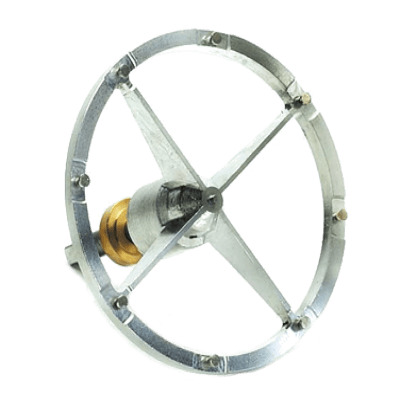In the world of baking, the choice of oven can significantly impact the outcome of your creations. While traditional stationary ovens have been the standard for ages, rotating ovens have gained popularity for their ability to deliver exceptional results. Today, we'll explore when to use a rotating oven and uncover the numerous benefits it brings to the baking process.
1. Baking Specialty Breads and Pastries
Rotating ovens are ideal for baking specialty bread and pastry products that require even heat distribution and consistent browning. Items like baguettes, croissants, and artisanal loaves often benefit from the rotation mechanism, ensuring a uniform and crispy crust while maintaining a soft interior.
2. High-Volume Production
When dealing with high production volumes, rotating ovens prove to be a game-changer. The rotating shelves or trays allow for multiple batches to be baked simultaneously, reducing overall baking time and increasing productivity. This feature is especially advantageous for bakeries catering to large wholesale orders or commercial ventures.
3. Achieving Uniform Results
One of the key benefits of using a rotating oven is its ability to achieve uniform results across all baked goods. As the oven rotates, the heat is evenly distributed, preventing hotspots and ensuring consistent baking. This feature is crucial for maintaining the quality and reputation of your baked products.
4. Enhancing Energy Efficiency
Rotating ovens are designed with energy efficiency in mind. By ensuring even heat distribution, they reduce the need for frequent oven opening and closing, minimizing heat loss and speeding up the baking process. As a result, rotating ovens are not only eco-friendly but also contribute to cost savings in the long run.
5. Retaining Moisture and Flavor
For delicate items like cakes and pastries, retaining moisture is essential for a delectable outcome. Rotating ovens help lock in moisture during the baking process, preserving the natural flavors and textures of your creations. The controlled rotation ensures that the goods do not dry out, resulting in moist, tender baked goods.
6. Consistent Texture and Volume
In the case of certain baked goods, like soufflés or muffins, achieving consistent texture and volume can be challenging. The rotation mechanism in the oven gently promotes even rising, creating evenly textured and perfectly risen delicacies.
7. Reducing Labor and Monitoring Time
With a rotating oven, manual turning and monitoring of individual trays become unnecessary. This frees up the baking staff to focus on other essential tasks while the oven takes care of the rotation process automatically. It streamlines operations and reduces labor requirements, especially during peak hours.
In conclusion, rotating ovens are a valuable asset to any bakery or baking operation, providing an array of benefits that contribute to exceptional product quality, increased efficiency, and cost-effectiveness. When baking specialty bread, pastries, or items that require uniformity, a rotating oven ensures consistent results and reduces the likelihood of under or overcooked goods. The benefits of enhanced energy efficiency, moisture retention, and automated rotation make it a worthwhile investment for high-volume production settings. By embracing the art of rotation, bakers can elevate their creations, delight their customers, and take their baking prowess to new heights.
